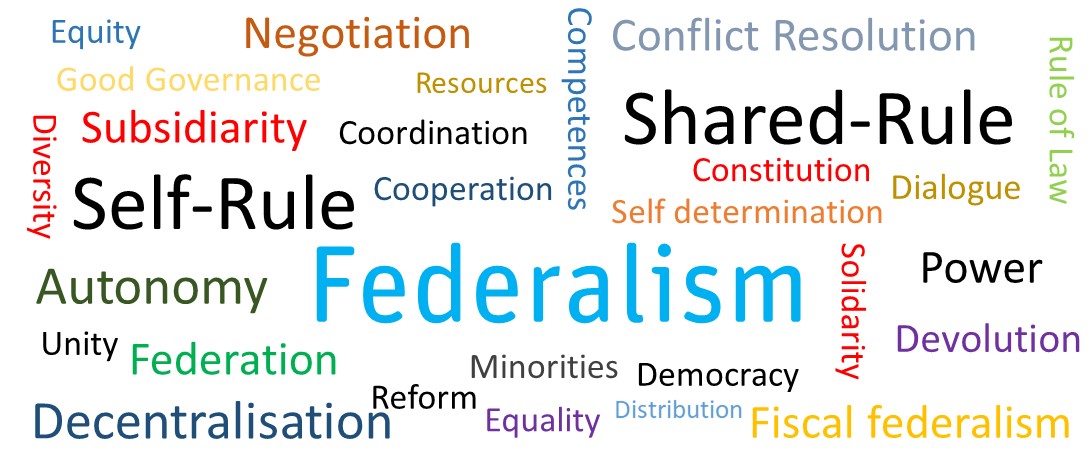Abstract
This article examines the U.S. Constitution’s treatment of voting and elections and the use that the federal government has made of the powers granted to it by the Constitution. Because the thirteen states that formed the nation differed in the qualifications they imposed for voting, the Constitution originally avoided setting national qualifications, authorizing persons to vote in federal elections if they could vote for the lower house of their state legislature. Constitutional amendments have established a federal floor on voting qualifications, forbidding discrimination based on race, gender, age, and ability to pay a poll tax. States have largely regulated both their own and federal elections, but the Constitution grants the federal government concurrent authority in this area, and the constitutional amendments have granted it authority to enact “appropriate legislation” to enforce their prohibitions of discrimination. Congress relied on that authority to adopt the Voting Rights Act of 1965, giving the federal government unprecedented power to supervise state elections and voting regulations. This power has been circumscribed by Supreme Court rulings in recent years, leading Democrats in Congress to introduce bills to restore that power. Congress has also legislated to facilitate voting more generally, though Republicans have sought instead to restrict voting, claiming that this will combat election fraud. A major piece of legislation, the For the People Act, is currently before Congress, designed to nationalize election regulations and facilitate voting, but it faces strong Republican opposition, and its fate is uncertain.

